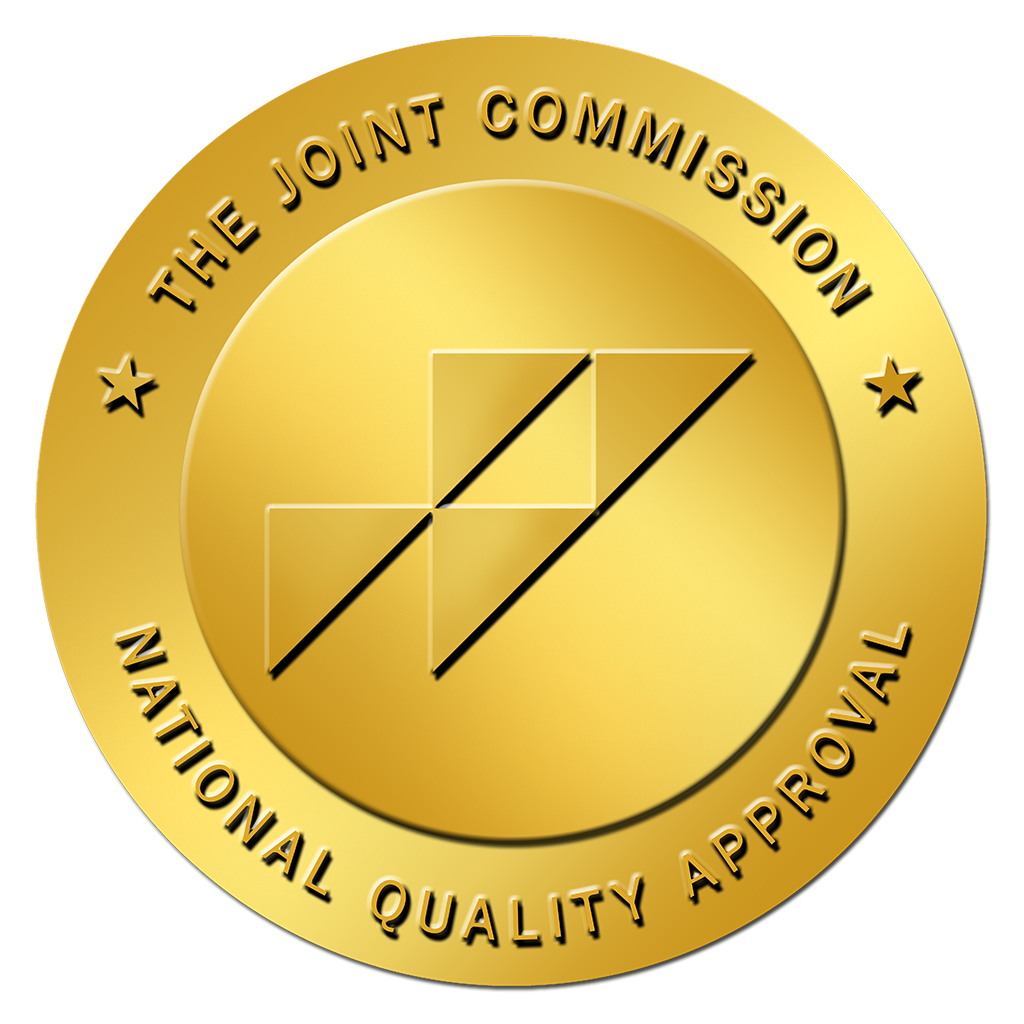Life has been quite different for all of us these last few weeks, as social distancing and stay-at-home orders have become the new normal. But as we work and shelter at home, many of us are understandably feeling isolated and disconnected from our friends, family and support systems. This, in turn, has left more recovering addicts vulnerable to relapse. And health officials are seeing just that, as more people are reported as having urges and cravings to use drugs and alcohol.
Triggers Caused by the Coronavirus
We, as human beings, thrive on interaction and connection with others, and not being able to have contact with other people has real consequences on our mental health. Under normal circumstances, those recovering from addiction rely heavily on their community and routine for support. But now, since large gatherings and support groups meetings, such as Alcoholics Anonymous (AA), have been cancelled and put on hold, feelings of depression and isolation are more likely to creep in– both triggers for those dealing with substance abuse issues.
People are also under a great deal of stress right now, which is another trigger that can lead to self-medication with drugs or alcohol. This is especially true for the many who have been laid off due to the coronavirus or who have loved ones who’ve gotten sick. Another trigger is the anxiety around the uncertain future we’re facing. No one knows how long this crisis will last and what its impact will be not only in regard to health, but also to school, finances and the economy. These concerns and fears could most certainly lead those in recovery back into addiction.
Relapse Prevention Tools
Because these uncertain times can pose significant challenges for those in recovery, it’s important to find alternative ways to receive ongoing support during this time. These include:
- Staying virtually connected
Whether it be to friends, family, sponsors or others in recovery, having someone to confide in, connect with and talk to will help make the stress and uncertainty of the situation seem more manageable. Telehealth technology has also become an important part of addiction treatment during this pandemic. According to PBS News, a growing number of treatment providers are now utilizing videoconferencing, texting and mobile apps.
- Maintaining a structured routine
Structuring each day provides stability and helps us feel a sense of control and security. It can also help maintain focus and keep those in recovery from slipping back into old addictive thinking patterns.
- Practicing self-care
Since there is so much uncertainty right now, maintaining a healthy diet, getting adequate sleep and finding a healthy outlet to relieve stress can all help keep concentration and emotional stability intact.
- Reading Recovery-Oriented Literature
For those who relied on attending meetings in-person, continuing to read recovery-related literature is a great way to get the additional support you need, as well as stay in the right frame of mind.
- Get Moving
Instead of turning to drugs and alcohol as a stress reliever, it’s important to find healthy outlets to relieve frustrations. Exercise releases natural endorphins that trigger a positive feeling in the body; plus, it’s a great way to burn off all the stress and anxiety that you may be holding in.
- Trying Something New
Now is a great time to start a project or a new hobby. Not only will it help keep addictive thought patterns at bay, but learning something new will also provide a great sense of accomplishment.
- Stopping and Breathing
This is an unprecedented time for all of us, and sometimes the magnitude of the situation can feel like too much to bear. However, it’s important to realize that this uncertainty, anxiety and stress IS temporary, and we’re not alone in our feelings. By taking a moment to pause and reflect, we can think rationally about what we’re experiencing and remind ourselves that maintaining sobriety is possible during this time.
Though this new normal has brought its fair share of challenges, options do exist to get the care you need. At Arise, we are now offering telehealth options, in addition to our in-person outpatient drug and alcohol rehab services. To learn more about how we can help you during the COVID-19 crisis, please visit www.ariserecoverycenters.com.

